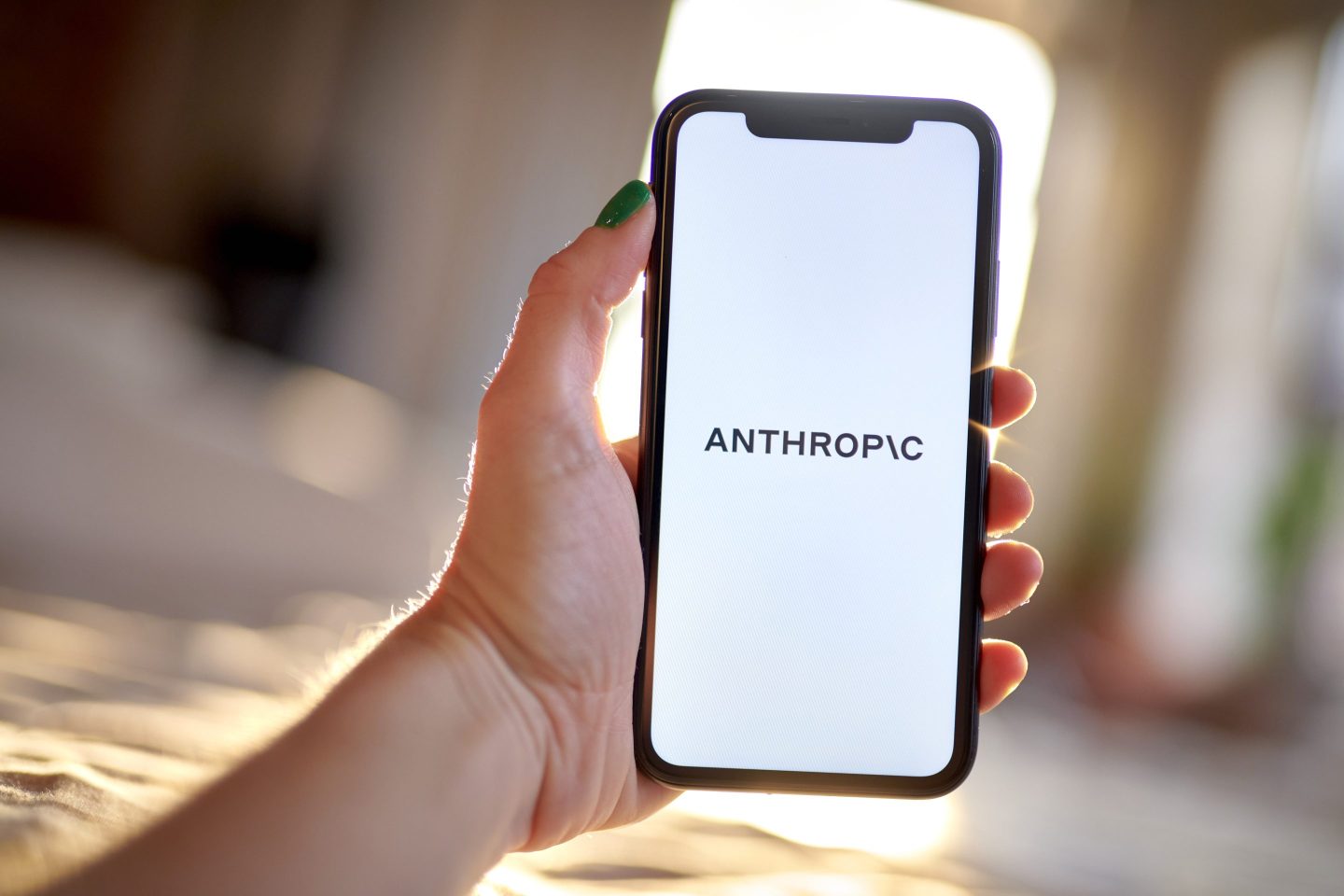The AI scene is shifting so quickly. Earlier this year, up-and-coming Anthropic partnered with Google, taking a $300 million investment for a reported 10% stake and making the Big Tech firm its “preferred cloud provider, giving [Anthropic] the compute power necessary to build reliable and trustworthy AI systems.”
But that was, what, nine months ago? Ancient news. Now, Anthropic has a new BFF in Amazon’s cloud unit, which has been willing to invest a lot more—up to $4 billion, for an as-yet-undisclosed minority stake—and which now becomes Anthropic’s “primary cloud provider for mission critical workloads, including safety research and future foundation model development.”
Anthropic’s models will underpin the genAI features in Amazon’s own processes, too, and Anthropic will even have a hand in the future development of Amazon Web Services’ in-house AI chips, Trainium and Inferentia. The two companies seem to be in this for the long haul—or at least, longer than nine months.
If AWS’s investment does approach $4 billion (TechCrunch reports that the initial outlay is $1.25 billion) then it will be the unit’s biggest-ever investment.
For Anthropic, founded by defectors from ChatGPT maker OpenAI, this deal is largely about being able to pay for the massive costs that it faces as it trains up the successor to Claude 2, the chatbot that this month became available to consumers. “Training state-of-the-art models requires extensive resources including compute power and research programs,” it said in its announcement. “Amazon’s investment and supply of AWS Trainium and Inferentia technology will ensure we’re equipped to continue advancing the frontier of AI safety and research.”
But for AWS, the biggest cloud provider with nearly a third of the market, it’s a matter of staying relevant. Every Big Tech firm needs to have a serious AI play these days—and Anthropic is way ahead of what Amazon has developed thus far—but those who are major cloud providers are also racing to meet the infrastructural needs of the new breed of AI startups.
One of the biggest benefits to Microsoft of its $13 billion-ish partnership with OpenAI is the fact that its Azure cloud business benefits from all those developers building on OpenAI’s platform. The Amazon-Anthropic deal is different in that it isn’t exclusive, but Anthropic will now give AWS a sweetener for its customers, in the form of early access to “unique features for model customization and fine-tuning capabilities.” Little wonder that Amazon’s share price began today with a jump of 1.4%.
More news below.
Want to send thoughts or suggestions to Data Sheet? Drop a line here.
David Meyer
NEWSWORTHY
EU blocks Booking. The European Commission has blocked Booking.com’s $1.7 billion takeover of Swedish rival ETraveli. As Reuters reports, the EU executive said Booking hadn’t given sufficient solutions to the impact the merger would have in the online hotel-booking market. Booking says it will fight the decision.
iPhone 15 success. It looks like the basic iPhone 15 is a hit, judging by the device having longer pre-order waiting times than its predecessor. As Bloomberg reports, Americans have to wait 10 days to receive their iPhone 15, versus six for the iPhone 14 last year. The 15 Pro Max is also popular, with a wait time up from 39 days to 48. The Plus and smaller Pro variants seem to be less of a hit this year.
Getty AI. Getty Images has launched its own AI image generator, in partnership with Nvidia, which provided the underlying model. Per TechCrunch, the Generative AI by Getty Images tool was trained on Getty’s library, but won’t be used to populate the library further. Creators get paid for their photos being used in training the service.
ON OUR FEED
“We can say, with great pride, that this deal is exceptional—with meaningful gains and protections for writers in every sector of the membership.”
—The Writers Guild of America announces a tentative deal with studios that would end its months-long strike. Nothing’s official yet, but the writers reportedly won a new structure that gives them bonuses for big streaming hits, and some sort of concessions on AI. Actors remain on strike either way.
IN CASE YOU MISSED IT
AI facial recognition tech leads to wave of lawsuits from Black plaintiffs after mistaken identities end in arrests, by the Associated Press
Benjamin Netanyahu fears AI could ‘cannibalize’ more jobs than it creates. ‘This is like having nuclear technology in the Stone Age’, by Will Daniel
The robot that NASA sent to Mars shows the solution for the AI ‘replacement myth’ and ‘ghost work,’ says an author who embedded with the Rover team, by Janet Vertesi
Bill requiring human drivers for self-driving trucks vetoed by California Gov. Gavin Newsom—despite unions warning of accidents and job losses, by the Associated Press
Twitter/X CEO Linda Yaccarino was sharing a promotional video and had to take it down and scrub a bunch of anti-Elon Tweets, by Chris Morris
Apple tries to ‘thwart emerging startups through anticompetitive measures,’ alleges Rivos in countersuit, by Bloomberg
BEFORE YOU GO
Microsoft goes nuclear. Microsoft may want to power its datacenters with small modular reactors (SMRs) and microreactors, and has posted an ad for a “principal program manager [for] nuclear technology.”
As The Register reports, the ad says the successful candidate will have energy-industry experience, including in regulatory affairs, and will start with leading the assessment of the aforementioned new-fangled, still-unproven nuclear technologies. Also: “This role will also be responsible for research and developing other precommercial energy technologies.”
This is the web version of Data Sheet, a daily newsletter on the business of tech. Sign up to get it delivered free to your inbox.












